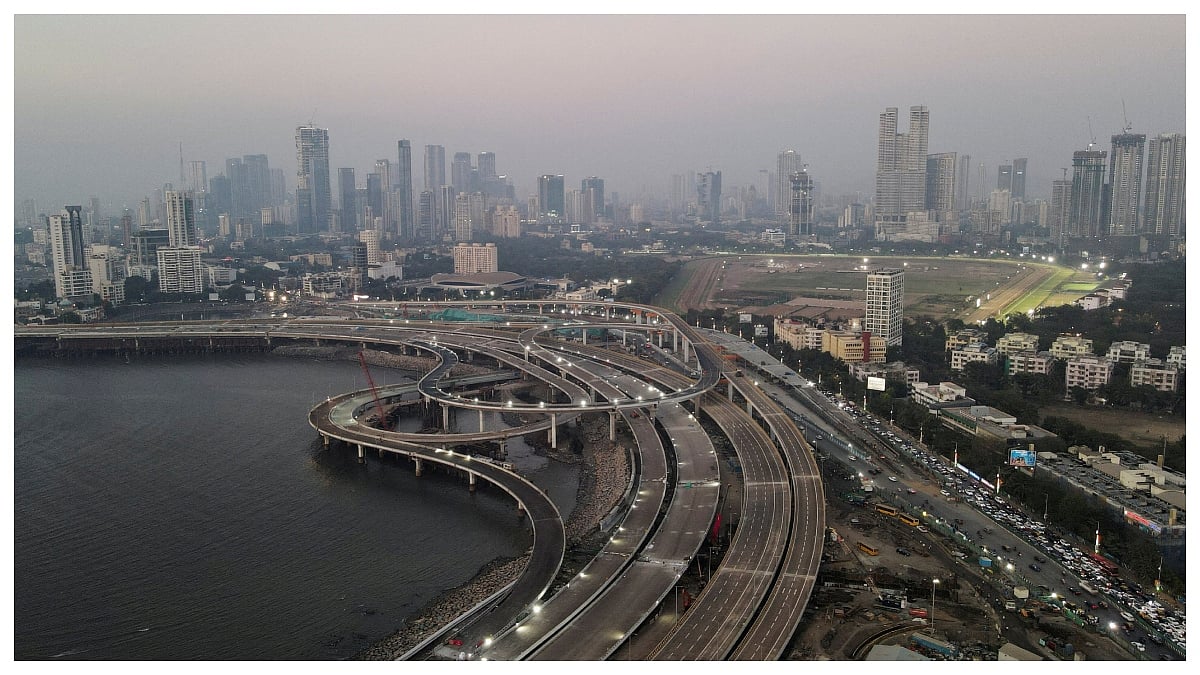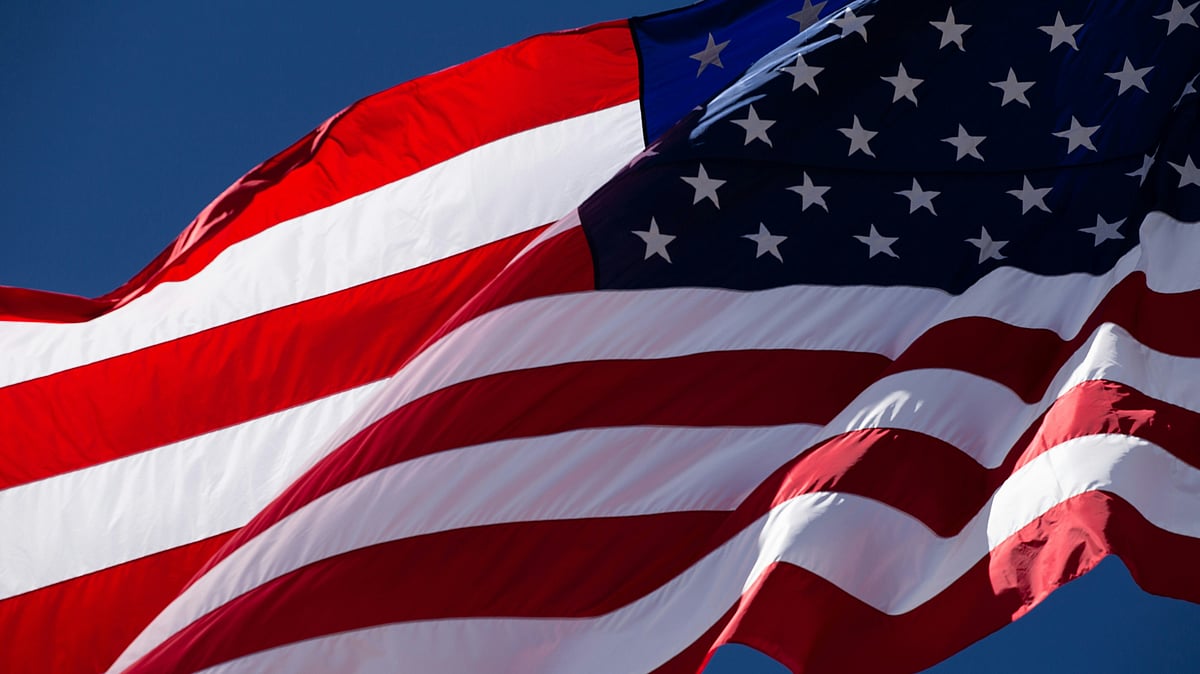New Delhi: India has imposed port restrictions on certain goods coming from Bangladesh. This move came after Bangladesh placed similar restrictions on Indian exports last month. The new rule was announced by the Directorate General of Foreign Trade (DGFT) and takes effect immediately.
According to the DGFT notification, goods like readymade garments, processed food items, plastic products, dyes, and wooden furniture from Bangladesh can now enter India only through selected sea ports. These items cannot be imported through land ports in India’s northeastern states or some land ports in West Bengal.

For example, readymade garments from Bangladesh are now allowed only through the Nhava Sheva and Kolkata seaports. They cannot enter through any land ports. Similarly, fruits, fruit-flavoured drinks, snacks, confectionery, cotton waste, and plastic goods are banned from entering through land ports in Assam, Meghalaya, Tripura, Mizoram, and certain parts of West Bengal.
However, the restrictions do not apply to fish, LPG, edible oil, and crushed stone imports from Bangladesh. Also, goods that are only passing through India to Nepal or Bhutan will not be affected.
An official said this decision was made in response to Bangladesh’s curbs on Indian exports. In April, Bangladesh stopped yarn imports from India through land ports and also banned rice imports via Benapole. Indian exporters had asked the government to take action, especially those in the apparel industry.
Relations between India and Bangladesh have become tense recently. India is upset about comments made by Muhammad Yunus, the head of Bangladesh’s interim government. He claimed that India’s northeastern states are landlocked and must depend on Bangladesh to reach the sea. This caused anger in New Delhi and among Indian political leaders.

India says that Bangladesh has enjoyed open access to India’s markets, including in the northeast. But India faces high transit charges and strict checks when exporting to Bangladesh. These barriers have hurt industries in India’s northeastern states.
The new port rules are a response to make trade more fair. The official said the list of restricted goods may be changed in the future to support balanced trade and help local industries in the northeast.
(With PTI Inputs)










